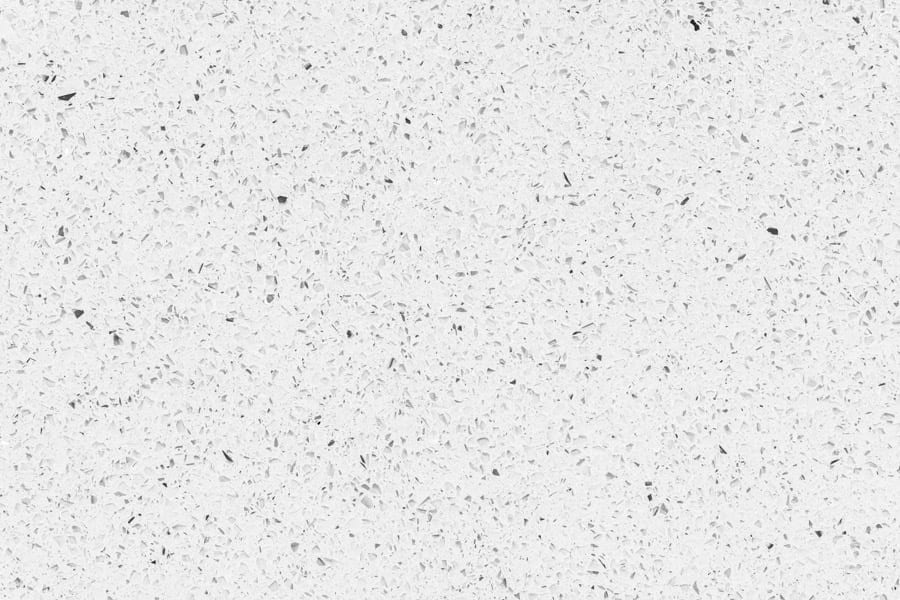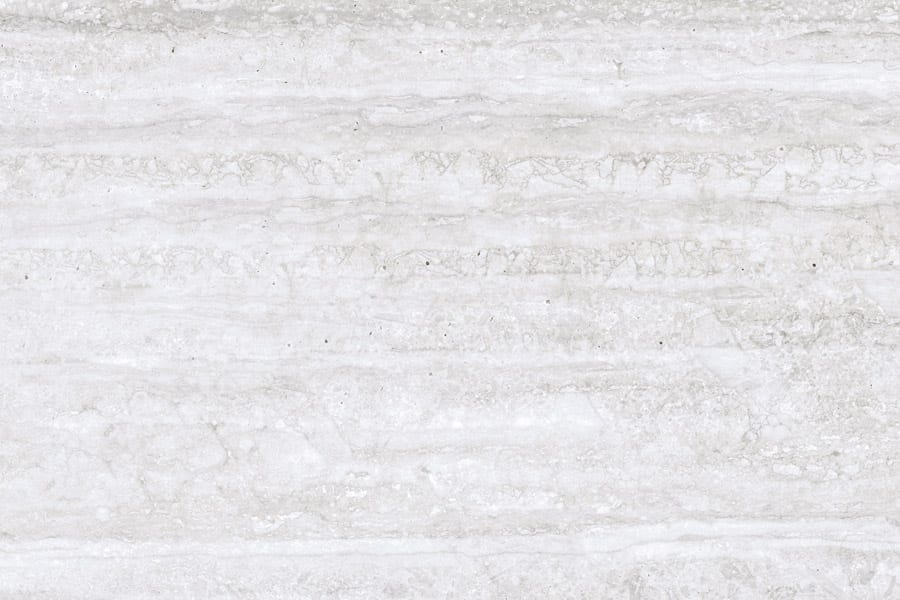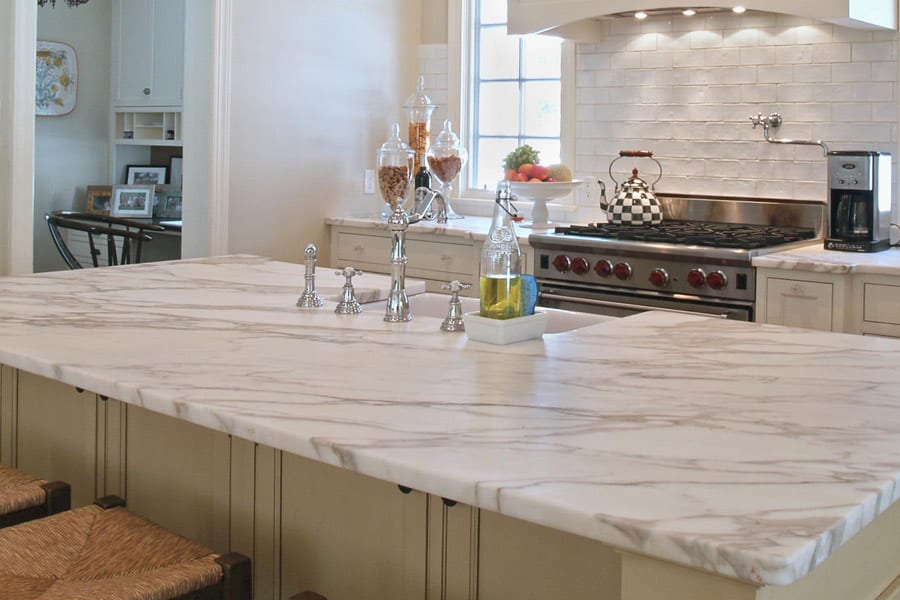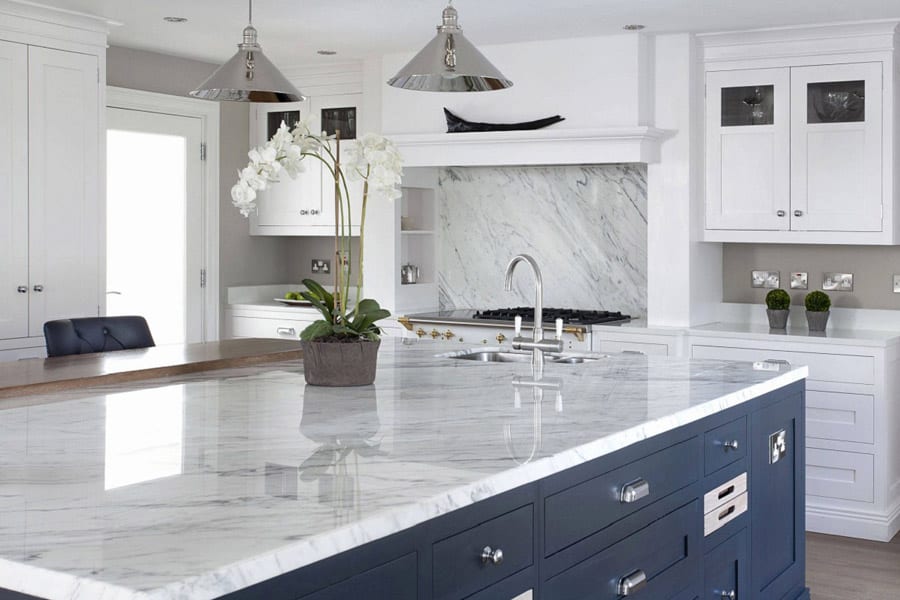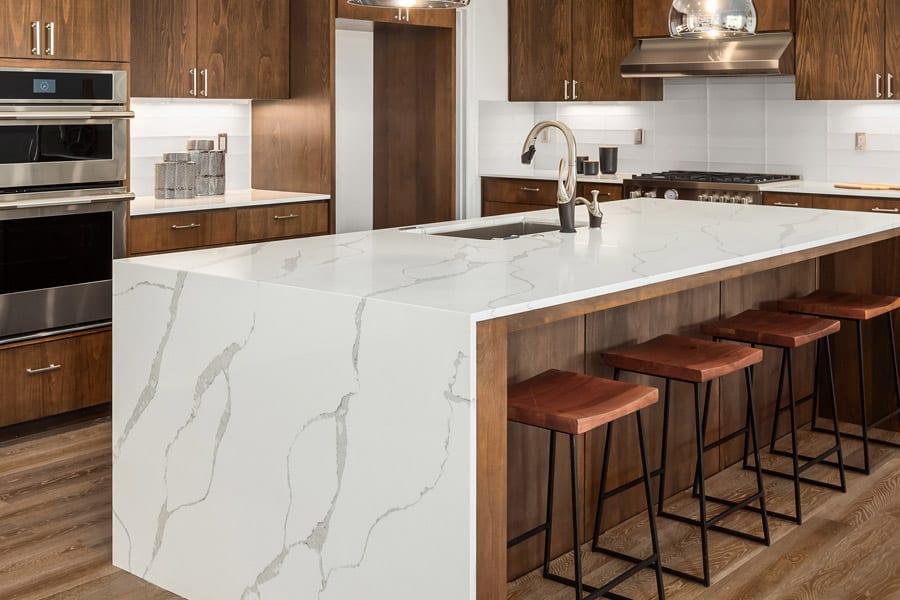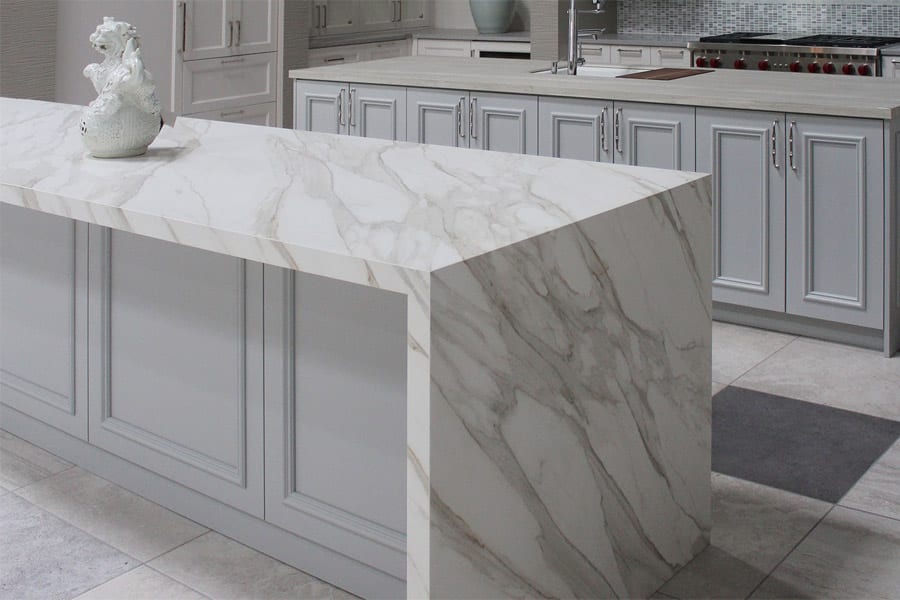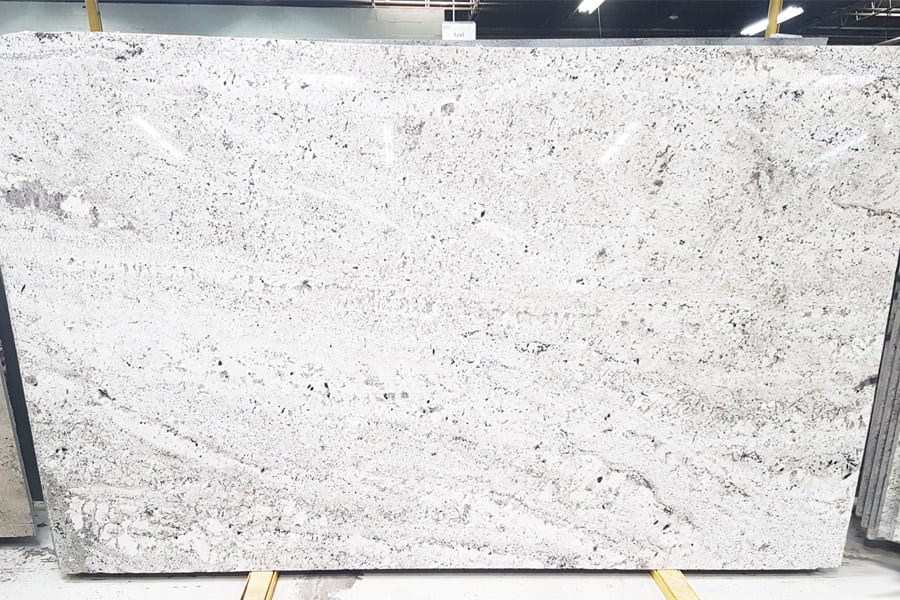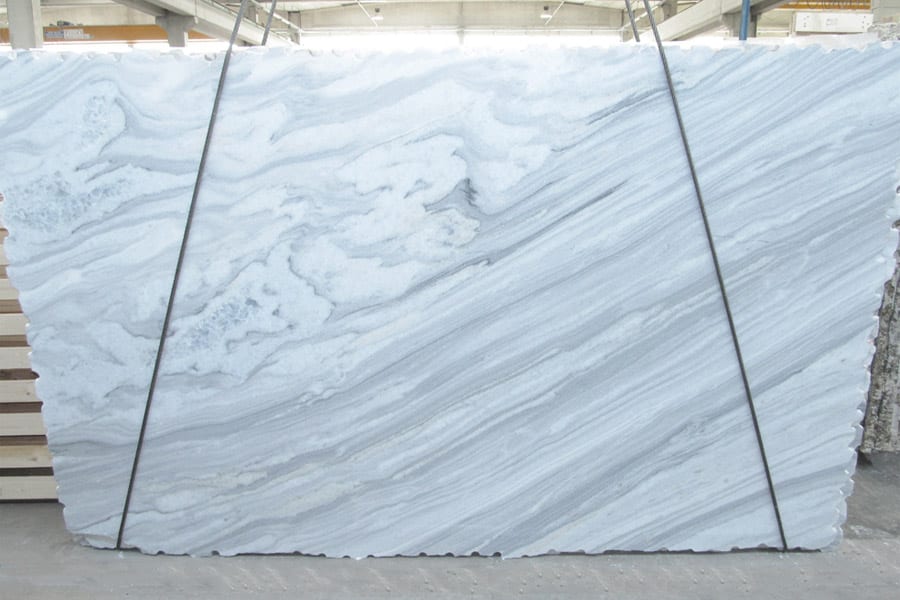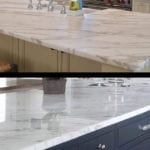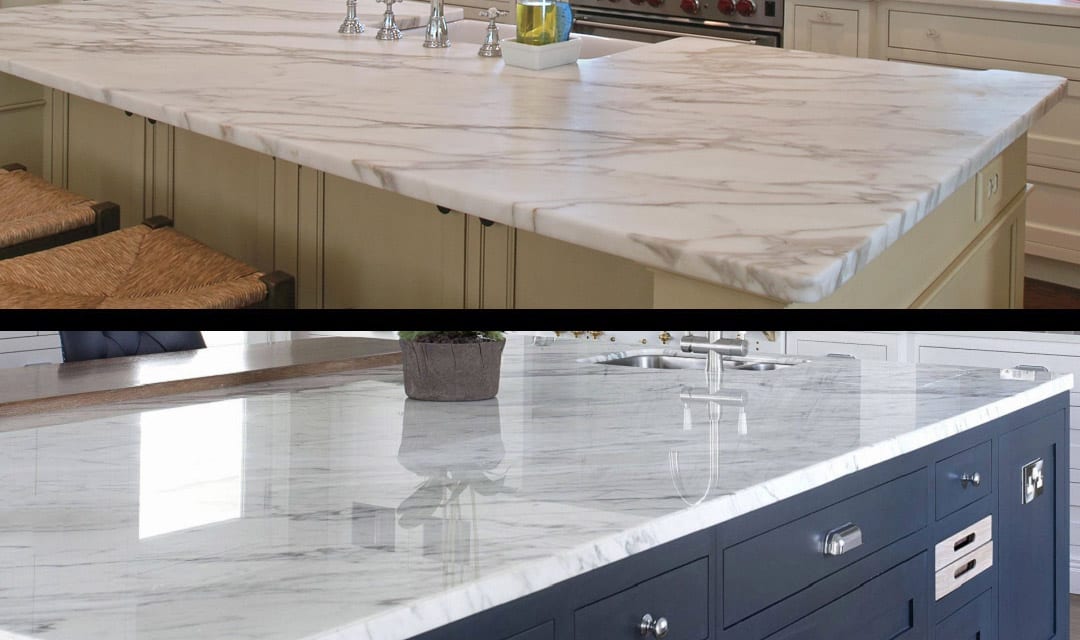
Quartz vs. Quartzite Countertops
“What should I know in comparing quartz to quartzite countertops?”

Thanks Rachel. Those who love natural stone are often hard-pressed to choose between two of the most popular materials available … quartz versus quartzite. Choosing the right material for your new kitchen countertops can be one of the most important decisions to make when it comes to design, quality and appearance. Regardless of the frequency you use your kitchen countertops, you’ll definitely want something spectacular and beautiful in what is arguably the most important room in the home.
So if they look and feel so similar, what makes them different? Is there a reason why someone would prefer a quartz countertop over quartzite, or vice versa? Let’s take a look at some of the pros and cons of quartzite to see if the natural material wins over the engineered one.
Both quartz and quartzite hail from the same name but what’s the difference between these two products? Odds are you’ve seen both quartz and quartzite decorating many spectacular homes in Colorado. What are these materials used for? How are they made? Is there one material that’s better than the other?
This decision can extend beyond just kitchen countertops. Looking into other rooms that require stone flooring or slabs, you might be faced with the same tough choice. A look at the subtle and not-so-subtle differences between quartz and quartzite can bring you closer to a decision point as you begin your remodeling or new build project.
Comparing Quartz to Quartzite Countertops
Helpful information on Quartz and Quartzite
Quartzite is a unique and naturally occurring metamorphic rock. It is created over thousands of years when sandstone is exposed to extremely high heat and pressure, caused by tectonic plate movement and compression inside the earth. Quartzite is quarried and sawed into amazingly beautiful slabs which are then shipped around the world (primarily from Brazil). The tops are polished and sealed, creating an extremely durable and stunning product. Quartzite is one of the highest rated materials in strength on the Mohs scale of hardness, from 1 to 10 with 10 being the hardest, granite measures in at around 6-6.5, while quartzite measures in around 7-7.5 and sometimes higher.
Quartz countertops, by comparison, are frequently called manmade or engineered countertops because they are fabricated from synthetic materials. Loose quartz makes up about 90-94 percent composition of quartz, the remaining 6-10 percent is resins and pigments that are combined into durable, non-porous slabs.
They can sometimes share a similar appearance … in fact, some homeowners are unsure whether they have quartz or quartzite in their kitchens. Quartzite comes naturally in gray and white swirls, a pattern that quartz often imitates. However, in terms of make, texture, and sturdiness, quartzite is actually more similar to granite.
Quartz vs. Quartzite Countertops
Because pigment in quartz can be added, it is often available in a wider range of colors. The way the countertop material is made, sometimes can give it the appearance of other natural stones such as granite or marble.
Ultimately, if you want natural stone that is extremely hard and filled with character, quartzite is your choice. If you prefer a more uniform selection of colors or a pattern to consider, look no further than quartz.
Quartz vs. Quartzite Floors
Do you prefer quartzite tile floors or quartz floors? There are a few rules and tricks that renovators come by when thinking about these two materials. There are specific ways in which these two materials are meant to be used, and it’s important to consider how they should be used when installing stone flooring.
Quartzite is often preferred as a fancy or beautiful addition to flooring. Quartzite tile floors are highly durable and they are flexible in terms of color and pattern. However, they need to be sealed using a specialized sealant against potential stains. Something like wine, coffee, or food can ruin quartzite tile.
Quartz floor options are many, and they are varied. It can be almost as durable as quartzite, and since it is manmade it does not require sealing. However, to the trained eye, a quartz floor will seem a tad on the uniform side in terms of pattern variation. If you’re looking for something that is guaranteed to be unique and naturally beautiful, quartzite can offer a bigger variety.
Both quartz and quartzite can be viable options for flooring as they each possess their own type of stunning beauty. Give either of them a shine and you’ll have an astounding piece of tile that decorates your floors.
Additional Notes
Countertop Maintenance: Quartz requires little maintenance. It can be wiped clean with a moist cloth. Abrasive cleaners should not be used on quartz. Quartzite requires slightly more maintenance as do all natural stones. It must be re-sealed one or two times per year after installation. When properly sealed, quartzite cleanup is a breeze. Make sure to ask your installer what product is best recommended for maintaining your new quartzite countertops.
Cost: Quartzite generally starts around $90 per square foot but can cost more depending on the rarity of the material. Some quartzite, like Crystallo for example, can be closer to $165 to $175 per square foot. Quartz and granite tends to cost a bit less than quartzite. Quartz per square foot installed price can very greatly at $75 to $200 per square foot typically averaging around $125. Granite can usually be found in the range of $65 to $100 per square foot installed.
Quartzite Countertop FYIs
It’s important to take a deep look at those subtle differences that can make or break a decision on countertop material. Since you’re investing a lot in your home remodeling or new build project, it’s understandable that you want to have stunning, durable and functional countertops. They are, after all, one of the most important components in the kitchen.
Quartzite Countertop FYIs
- Quartzite is much more varied in veining, coloring, and patterns, as mother nature never makes the same thing twice.
- Quartzite is more resistant to scratching than quartz, as the natural veining and dark gray patterns can easily cover those scratches right up.
- Quartzite is better at heat resistance than quartz, making it better in the kitchen during those moments where you need to set a hot pot down directly on the counter.
Know Your Stones and Make the Best Choice For You
Kitchen use, functionality, color and pricing are all important factors to give weight to when choosing countertops for your new or remodeled kitchen. The same can be said of stone floors. If you’re going for a beautiful, natural look, you might want to invest in quartzite, which is an absolutely stunning stone. For affordability and color variation, quartz and granite can work wonders.
Ultimately, the decision is yours. Both quartz and quartzite possess their subtle differences, but all in all, they are both prime materials for countertops. Remember to maintain your floors and countertops regularly so they can remain shiny and spectacular for years to come! Hungry for great kitchen recipes? Read more here.
Ask a question or request your free estimate!
Call (719)439-7077
or
complete the form below.
Serving Denver, Colorado Springs and surrounding communities!
Search The Site
Translate This Page
 |
Need landscaping? Visit our Landscape FX sister company's website by clicking here! |

